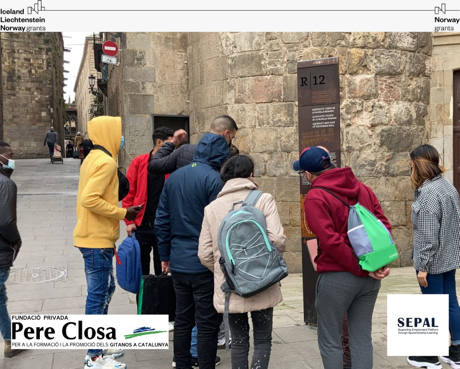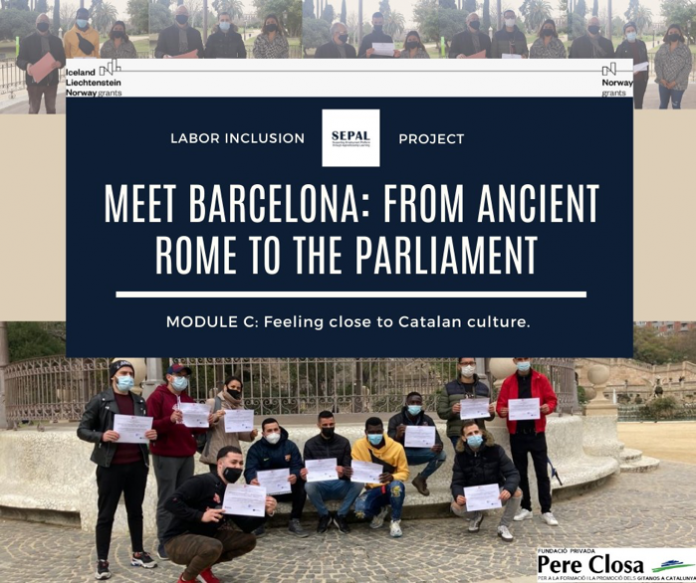“The population of Spain increased by 18,953 people during the first half of the year and stood at 47,351,567 inhabitants. The positive migratory balance of 113,856 people partially offset the negative natural balance of 94,057 people. ”

Delays in the granting and renewal of permits, denials of files, requirements and long waiting lines to request an appointment in order to achieve regularization in Spain. Every day that passes, new and greater obstacles appear and cause thousands of immigrants to face irregularities. Furthermore, they unjustly face serious problems with the authorities, since they do not have the documentation that corresponds to them, to meet all the requirements. Likewise, residence problems always lead to complications with the work permit, which is why most of them work in an unregulated manner. All this and more are some of the problems that a young migrant explains to you in an interview, with the sole hope that you can respond to his needs.
Taking this situation into account, in what way have we intervened?
During the beginning of this year, the Pere Closa Foundation, as a result of the SEPAL project, has taught modules B and C on foreigners, carried out through the Workers’ Commission. Each module has consisted of five face-to-face sessions of three hours each, with a total of 15 hours per module. This first quarter of 2021, out of the 32 young people belonging to the gypsy community, twenty young people have participated in the subsidized training of: musical production, beautician and hairdressing, English and pharmacy assistant, in all of them having the support of three specialized technicians. The rest of the young people belonging to the project are working on skills such as: learning to write a curriculum, knowing how and where to look for a job, as well as other types of counseling necessary for the integration into the workplace effectively. When they finish this first phase, they will join the music production courses, learn to be a leisure monitor and lastly, learn how to install air conditioning.
Module B has dealt with immigration issues, giving young migrants the opportunity to know their rights as migrants and to have the knowledge and help necessary to regularize their situation.
On the other hand, module C has focused on Catalan culture with the aim of making young residents feel closer to it. The last session of this module has consisted of a guided tour of the city of Barcelona, where they have been able to get to know in person the spaces of the city that they have seen throughout the module, starting with the buildings from the Roman period and ending in the Parliament of Catalonia. There, they met the Minister of Labor, Social Affairs and Families of the Generalitat of Catalonia, Chakir el Homrani. The counselor was able to speak with young people, showing interest both in the situation of young people and in the Sepal project.


